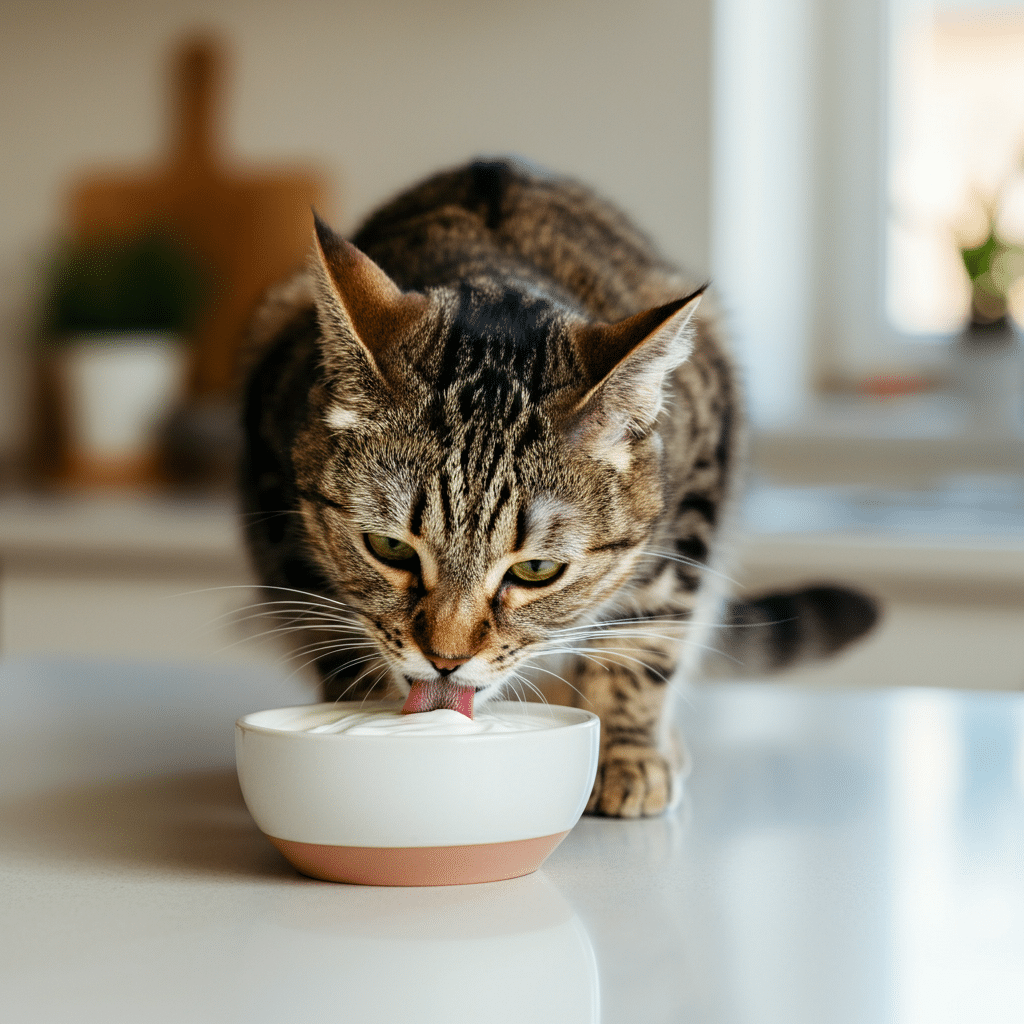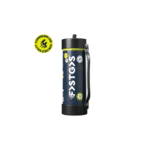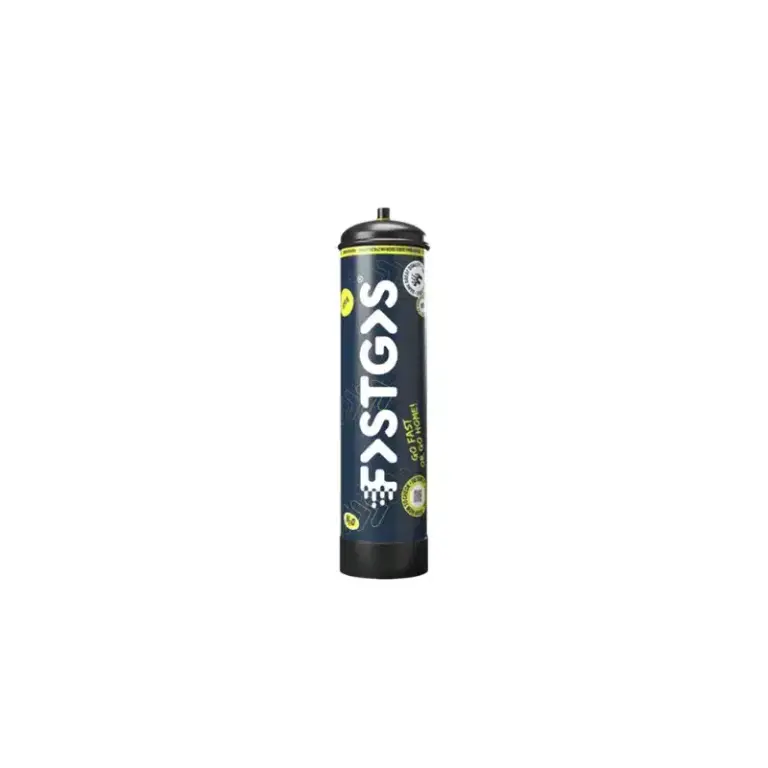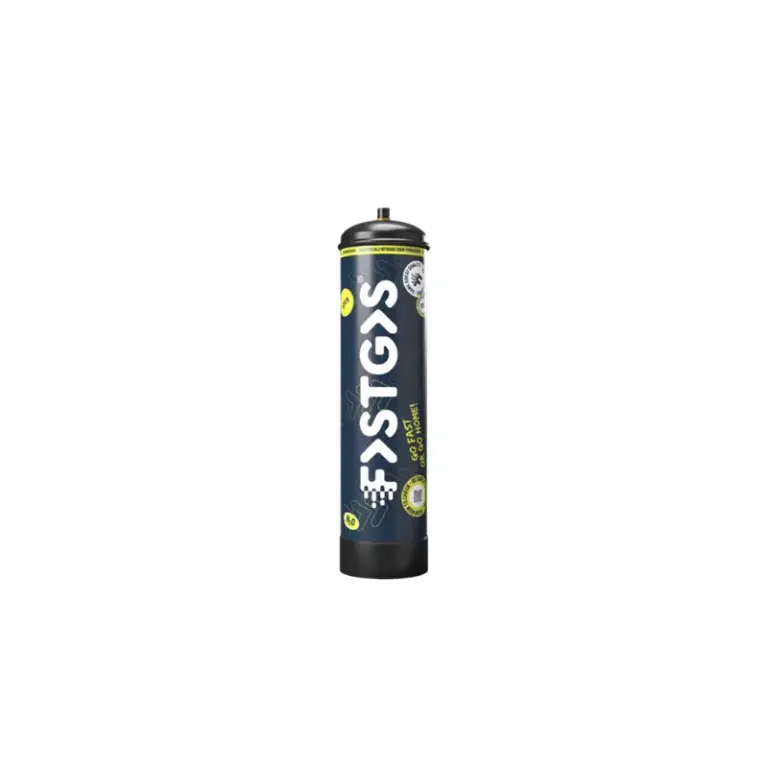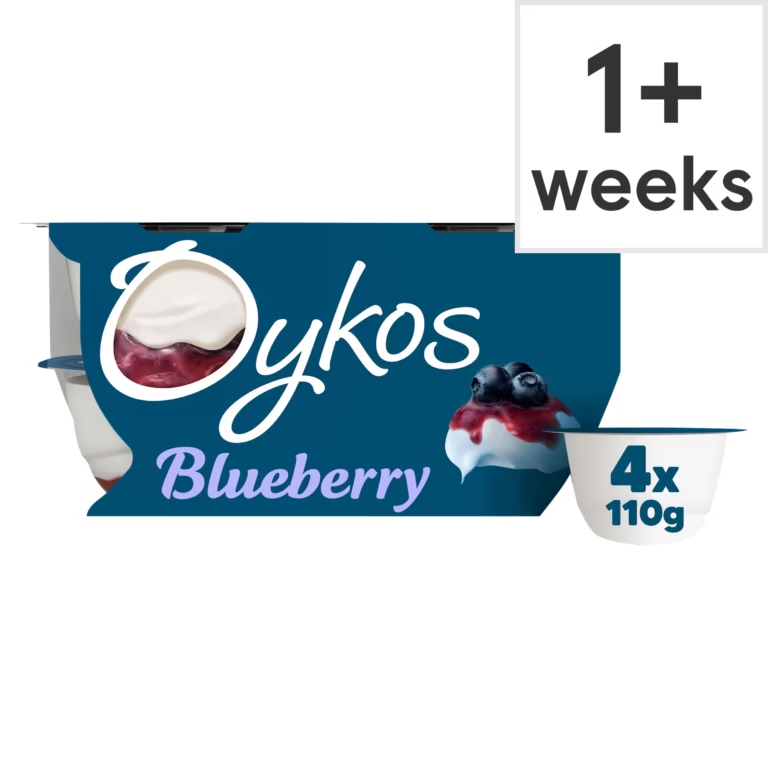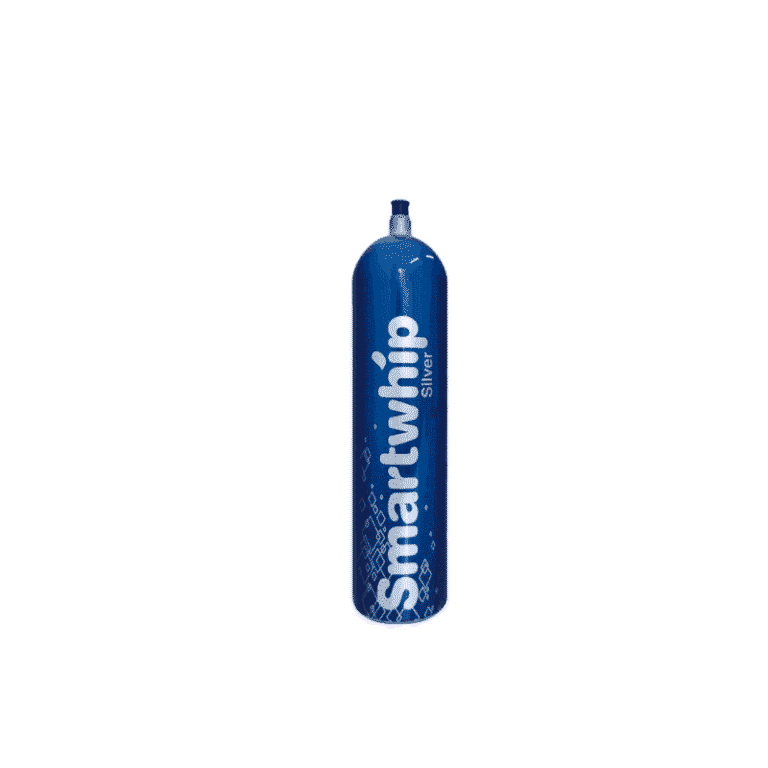Ever before questioned if your feline friend can enjoy the creamy delight of yogurt as high as you do? As health-minded pet owners explore nutritional options, yogurt has actually become a potential treat for cats, stimulating inquisitiveness and concern alike. Comprehending the balance between potential benefits and risks is crucial for guaranteeing the well-being of your furry companion.
Historically, yogurt’s charm exists in its rich probiotic content and nutritional profile, which lots of think assistances digestive health in human beings. However, can these benefits extend to cats, which have one-of-a-kind nutritional needs and organic traits, such as widespread lactose intolerance? Cat owners need to understand these intricacies to make notified nutritional decisions.
This post explores the crossway of yogurt and feline health, assessing the nutritional benefits, potential risks, and practical guidelines for safely including yogurt right into your diet. By comprehending these variables and consulting with vets, you can customize your pet’s nutrition while discovering alternatives that cater to their health needs.
Nutritional Benefits of Yogurt for Cats
Yogurt can be an interested enhancement to a cat’s diet, and comprehending its nutritional benefits is crucial for cat owners taking into consideration using it for their furry friends. Unlike common cat food, yogurt consists of particular components that can enhance a balanced diet when provided suitably. Nonetheless, not all yogurts appropriate for cats due to feasible toxic ingredients and theireffects on the feline digestive system A key factor to consider is lactose intolerance, common amongst grownup cats, that makes it important to pick the righttype of yogurt When choosing yogurt for your cat, take into consideration Greek or low-calorie yogurts that areplain and free of sugar substitutes and flavored additives Understanding the potential benefits and risks makes it possible for cat owners to make notified decisions to support their pet’s health without jeopardizing their daily calorie intake.
Probiotics and Digestive Health
Probiotics are online bacteria and yeasts beneficial for digestive health, found in sometypes of yogurt These friendly bacteria can help in preserving a healthy balance within your cat’s digestive system, possibly loweringGI upset On top of that, probiotics can improve the immune system by avoiding the overgrowth of dangerousbacteria in the gut Nonetheless, not all yogurts have the same levels of probiotics, and some creamy yogurts could still position issues due to additional ingredients orfats It’s important to check the ingredients list and choose for yogurts particularly significant for their probioticcontent While yogurt could offer these benefits, it’s not a replacement for animal proteins found in normal food, which are crucial to a cat’sdiet Consulting a veterinary professional before introducing yogurt can make certain the well-being of your pet and avoid digestive problems or weight gain.
Vitamins and Minerals in Yogurt
Yogurt is rich in crucial vitamins and minerals, which can be helpful when added to a diet. Especially, yogurt consists of vitamin B2 (riboflavin), important for energy production and preserving a healthy layer. Furthermore, yogurt gives vitamin A, crucial for vision and immune function in cats. These vitamins, while beneficial, ought to be taken in as part of a balanced cat food regimen as opposed to serving as a main source. Choosing the right type of yogurt can guarantee your furry friend gets these nutrients without negativeeffects Specific flavored yogurts could have toxic ingredients or excess sugars, which can leadto stomach issues As a result, it is suggested to pick plain yogurt and to offer it in moderation, guaranteeing it straightens with your cat’sdaily nutritional requirements Consulting pet insurance guidelines or a veterinary professional can offer more insight right into ideal nutritional incorporations for optimum health benefits.
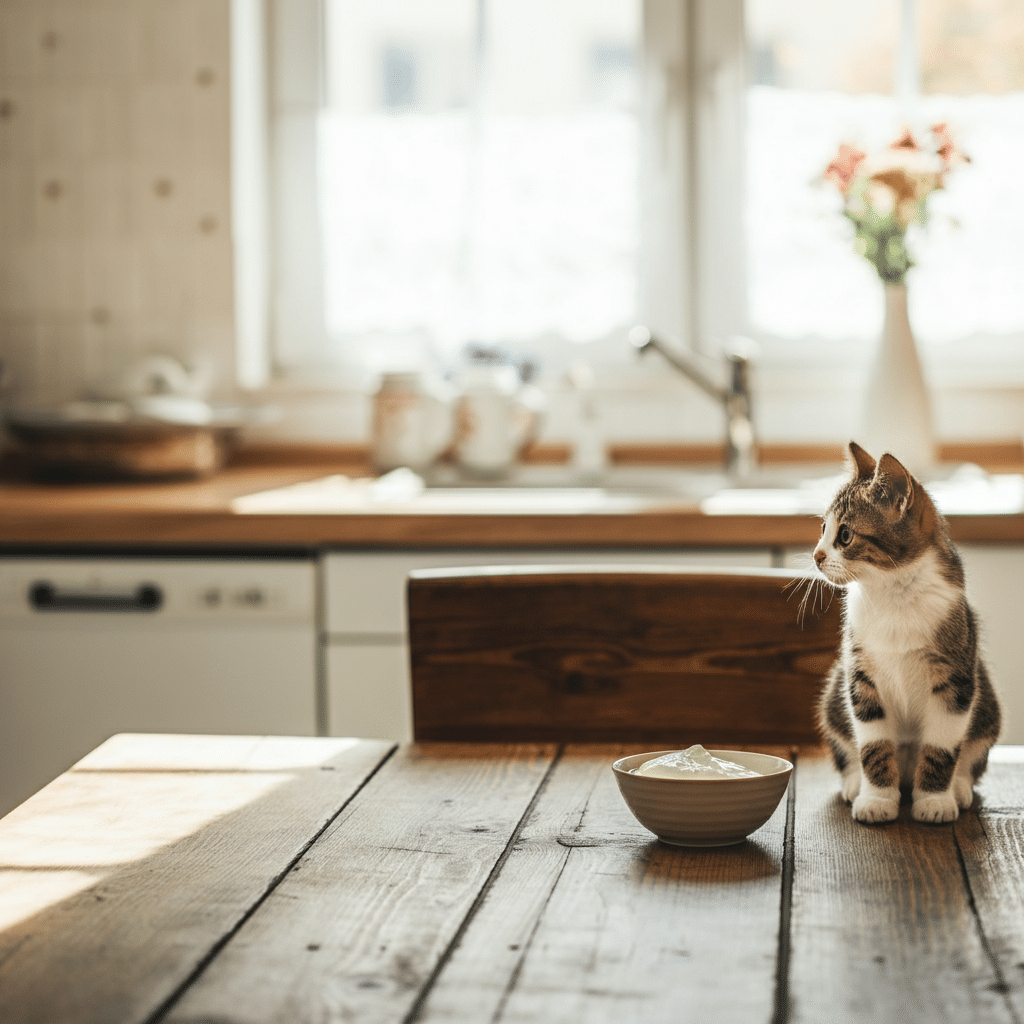
Potential Risks of Feeding Yogurt to Cats
While yogurt is a popular human food, it isn’t always ideal for our feline friends. Feeding yogurt to cats can pose numerous risks, mainly due to their nutritional needs and digestive system. Unlike human beings, cats have particular nutritional requirements that should be fulfilled for their total health and well-being. Feeding them human foods like yogurt can interrupt this balance, leading to health issues unless meticulously kept track of. It’s important to comprehend the potential risks included, consisting of stomach issues and negative responses, especially if your cat is not accustomed to yogurt.
Lactose Intolerance in Cats
Cats typically display lactose intolerance, which can make feeding them dairy products like yogurt troublesome. Grownup cats frequently shed the enzyme lactase, needed for splitting down lactose existingin dairy products Without enough lactase, lactose can ferment in their digestive system, resulting in intestinalupset This condition might lead to signs such as diarrhea, bloating, and gas Despite the fact that some yogurts, like Greek yogurt, are reduced in lactose, they still bringrisks As a result, cat owners must consider their pet’s lactose intolerance before using any kind of dairy, guaranteeing they keep a balanced diet customized to feline needs.
Signs of Damaging Responses
When feeding any kind of human food to cats, consisting as yogurt, it’s essential to watch for negative responses that might suggest an intolerance or sensitive response. Key signs of an unfavorable reaction consist of vomiting, diarrhea, or an obvious change in eating behavior, such as refusing their regular cat food. Cats could likewise experience an upset stomach, leading to general pain. These signs might add to weight gain or loss if they continue, impacting the daily calorie intake. In such instances, terminate feeding the yogurt quickly and speak with a veterinary professional. Determining these signs very early guarantees that your furry friend gets the ideal nutrition, preventing unnecessary health risks connected with human foods.
Choosing the Right Yogurt for Your Cat
When taking into consideration whether to include yogurt in your cat’s diet, it’s important to make notified decisions. Although yogurt can be a potential source of protein and beneficial bacteria, it’s not usually needed for a balanced cat food routine. Cats are obligate predators, relying mainly on animal proteins. Nonetheless, the friendly bacteria existing in yogurt could appeal to cat owners eager on sustaining their pet’sdigestive health To avoid stomach issues and guarantee your furry friend does not endure from GI upset, it’s essential to pick the righttype of yogurt Variables such as lactose content, flavorings, and sugar are essential when establishing which yogurt, if any kind of, appropriates for your cat.
Plain vs. Flavored Yogurt
Plain yogurt is normally the more secure option if you pick to offer yogurt to yourcat Unlike flavored yogurts, it does not have additional sugars or toxic ingredients like artificial sweeteners, which can be dangerousto cats Citrus fruits and various other flavors in yogurt could cause digestive system issues, leading to pain for yourcat Plain yogurt, specifically Greek yogurt, is greater in protein content and much less most likely to conflict with your cat’sdaily calorie intake When contrasted to creamy yogurts with added flavors, plain yogurt uses a less complex, healthier choice that straightens extra carefully with the natural nutritional needs of cats.
Staying Clear Of Added Sugars and Sweeteners
Staying Clear Of added sugars in yogurt is specifically importantfor cat owners Sugars can add to weight gain and are not a needed component of abalanced diet for cats Furthermore, some sugar substitutes and artificial sweeteners can be toxic to cats, posturing serioushealth risks Guaranteeing that the yogurt used to cats is free of these ingredients is essential for their total well-being. A percentage of plain, low-calorie yogurt free from sugar and additives can often be a treat, yet it ought never to replace their normal food, rich in proteins and crucial nutrients.
Lactose-Free Yogurt Options
Because lots of cats are lactose intolerant, picking lactose-free yogurt can be abeneficial alternative Lactose intolerance in cats implies their digestive systems can not appropriately damage down lactose, leadingto stomach issues Lactose-free yogurts offer a means to give the potential benefits of yogurt without creatingdigestive discomfort Furthermore, such yogurts might still have friendly bacteria that enhance the immune system and add to a vitamin-rich diet, consisting of vitamins like B2and A Consulting with a veterinary professional is sensible to make certain the selected yogurt enhances a cat’s nutritious diet without running the risk ofGI upset Constantly check the ingredients list to make certain it fits within a cat’s nutritional needs, preventing human foods risks, guaranteeing your furry friend’s health continues to be a concern.
Exactly How to Safely Introduce Yogurt to Your Cat’s Diet
Introducing yogurt right into your cat’s diet can be an appealing concept for lots of cat owners that desire to offer their furry good friends a treat or supplement theirdiet with potential health benefits While some cats might endure tiny amounts of yogurt, it is necessary to take into consideration numerous variables before making it a regular component of theirdiet Cats’ digestive systems are definitely various from human beings, with lots of grownup cats beinglactose intolerant As a result, understanding the type of yogurt, its ingredients, and the potential risks connected with feeding dairy products to cats is important. Being conscious of these facets guarantees that your pet appreciates the benefits without dealing with negative health effects.
Progressive Introduction and Monitoring
When taking into consideration including yogurt in your cat’s diet, start with a progressive introduction. Gradually introducing any kind of brand-new food enables the cat’s digestive system to readjust and helps you monitor exactly how they respond to it. Offer a percentage of plain, unsweetened yogurt originally, such as Greek yogurt, as it consists of much less lactose than regular yogurt.. Beginning with a teaspoon-sized portion and observe your reaction. If they show no signs of pain, such as vomiting or diarrhea, you might offer it very carefully in a little larger amounts.
One more crucial element to take into consideration throughout this introduction stage is the lack of toxic ingredients. Avoid flavored yogurts, which usually have added sugars or artificial sweeteners, as these ingredients might cause stomach issues or various other health worries. Likewise, check for any kind of citrus flavors, as citrus fruits can be dangerous to cats. This mindful focus guarantees that your cat consumes just the beneficial components without dangerous additives.
In Addition, watch for signs of lactose intolerance. If your cat experiences GI upset, such as loosened feces or an upset stomach, quit feeding them yogurt quickly. It is important to speak with a veterinary professional if you notice persistent digestive issues. A progressive and conscious approach will certainly not just aid your cat readjust, but also permit you to gauge their total resistance to this human food.
Portion Control and Regularity
Also, if your cat endures yogurt well, it ought to be used in moderation. Portion control is crucial to avoid unwanted effects, such as weight gain or stomach issues. Yogurt is not a replacement for a balanced cat food diet rich in crucial nutrients and animal proteins. Rather, take into consideration yogurt as an occasional treat as opposed to a day-to-day dish element.
Cats have particular daily calorie intake needs, which ought to be satisfied by their normal food mainly– fulland balanced cat food Providing way too much yogurt might lead to an inequality, taking up calories much better designated to foods particularly developedfor feline health Choose for low-calorie yogurts if you plan to include it frequently yet bear in mind that also those ought to be carried out moderately.
Last But Not Least, consistency in using these dairy deals is crucial. Overfeeding milk-based products can lead to an upset in the cat’s digestive system. It could lessen the yogurt’s potential benefits, such as giving friendly bacteria that might support ahealthy immune system Consulting with a veterinary professional will certainly give personalized guidance on exactly how frequently this treat can be consisted of without interrupting your cat’sbalanced diet Sticking to controlled parts and conscious regularity guarantees your cat appreciates yogurt as a safe and delightful enhancement to their varied diet.
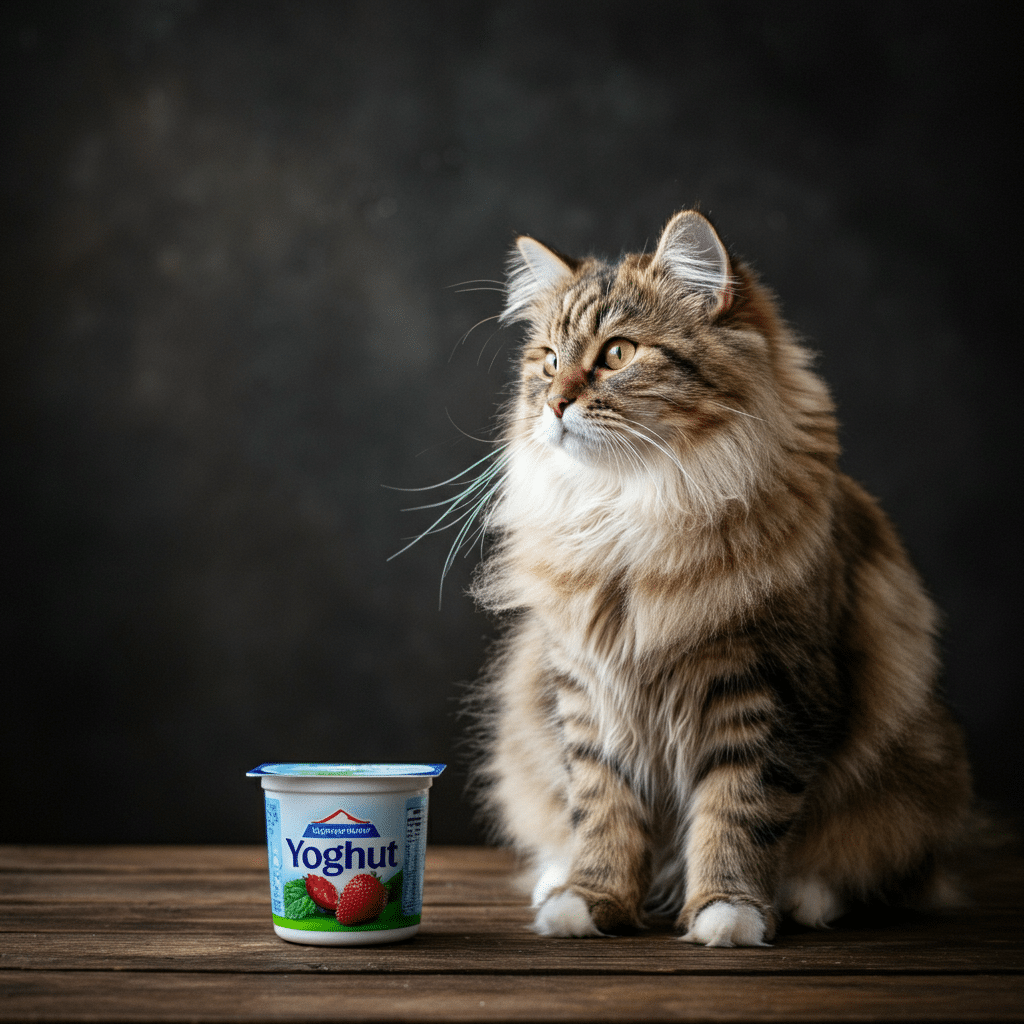
Monitoring Your Cat’s Reaction to Yogurt
Cats, like human beings, have one-of-a-kind nutritional needs. While our feline good friends can appreciate some human foods, others might cause negative responses. One such food is yogurt, which can be both beneficial and troublesome for cats. Cat owners ought to pay careful attention to how their cat responds to yogurt, keeping in mind variables like lactose intolerance and the presence of toxic ingredients. Yogurt consists of friendly bacteria beneficial for the digestive system and proteins essential for a cat’s diet. Yet, not all cats can metabolize lactose effectively. Observing your cat’s first interaction with yogurt will certainly help establish if it can safely be part of their balanced diet. It is important to monitor your cat’s response, beginning with a percentage and progressively analyzing for any kind of signs of allergies or digestive troubles. This careful approach guarantees a safe and health-friendly feeding experience.
Determining Allergic Reactions
When introducing yogurt right into your cat’s diet, it is very important to be watchful for any kind of signs of allergic reactions. Although yogurt is normally taken into consideration safe due to its protein content and presence of friendly bacteria, the possibility of a sensitive response should not be forgotten. Signs of an allergy might consist of excessive scratching, hives, or respiratory issues. Cats with such signs ought to be taken to a veterinary professional for examination.
Cat owners should likewise examine the ingredients list of any kind of yogurt provided to their pet dogs. Some flavored yogurts and citrus fruit additives can have possibly toxic ingredients for cats, such as sugar substitutes like xylitol, which ought to be strictly avoided clear of. Guaranteeing that the yogurt is plain and free from dangerous additives will certainly aid in lowering the chances of a sensitive response. In the case of a confirmed allergy, yogurt ought to be gotten rid of from the diet quickly.
Acknowledging Digestive Issues
Apart from allergies, digestive issues are a concern whenfeeding yogurt to cats Because lots of cats are lactose intolerant, consuming dairy products, also in tiny amounts, can lead to intestinalupset Signs of lactose intolerance consist of diarrhea, vomiting, and stomach issues, which can dramatically influence a cat’s totalhealth and daily calorie intake Monitoring these signs can aid guarantee your cat’s digestive system continues to be healthy.
Comprehending that not all yogurts are developed equivalent is crucial. Choosing low-calorie yogurts without added sugars or creamy components can minimizeweight gain and stomach issues It is important to offer yogurt as an occasional treat as opposed to a replacement for normalcat food If your cat shows up to experience GI upset or various other stomach issues after consuming yogurt, it may be needed to remove it from their diet and speak with with a veterinary professional to avoid adverse influences on their weight and nutritional balance.
Healthy Alternatives to Yogurt for Cats
Cats are obligate predators, which implies that their nutritional needs are best fulfilled with a stable intake of animal- based proteins as opposed to human foods likeyogurt While yogurt could feel like an appealing treat for your feline friend, it is very important to bear in mind that lots of cats are lactose intolerant, and consuming dairy can lead to digestive issues. The good news is, there are healthier alternatives that can give the same satisfaction and nutritional benefits. When choosing a treat for your cat, take into consideration options that provide for their meat-eating needs, advertise a balanced diet, and support their total health. Below are some suggested alternatives that are both safe and beneficial for your furry friend.
Veterinarian-Approved Cat Deals With
Choosing veterinarian-approved deals for your cat guarantees they get nutritionally balanced treats without jeopardizing their health. Such deals are usually developed with animal proteins, giving cats the crucial nutrients found in their natural diet. These particularly established deals provide for a cat’s one-of-a-kind nutritional needs and align with their balanced cat food.
Vet-approved deals with are usually created to supplement your cat’s normal food without creating unneeded weight gain orGI upset They usually come in low-calorie kinds to fit flawlessly right into your cat’sdaily calorie intake These deals with serve as a fascinating diversion from the ordinary while supplying vitamins and crucial nutrients like protein content and vitamin B2, sustaining the cat’s total well-being.
By choosing for vet-approved deals with, cat owners can reduce the risk of toxic ingredients and the negative effects connected with unacceptablehuman foods Products are completely vetted to guarantee they do not trigger allergic reactions orstomach issues Some deals with likewise consist of friendly bacteria that can help in a healthy digestive system and boost the immune system, more boosting your pet’shealth Consulting with a veterinary professional can aid in choosing the best options fit to your cat’s particular needs.
Animal Protein-Based Snacks
Animal protein-based treats are an amazing replacement for yogurts and various other human foods. These treats line up with a cat’s natural nutritional preferences, concentrating on the high protein content that is important for their health. Provided their meat-eating nature, cats thrive on diet plans rich in animal proteins, which support their energy levels, muscle development, and total vigor.
These treats are usually made from high-quality resources like poultry, fish, or beef, guaranteeing they are both tastyand beneficial While using these protein- loaded deals with, it’s important to watch on portion sizes to avoid excessive calorie intake orweight gain They are usually utilized as training incentives or occasional deals with to enhance a cat’s normal diet.
Manufacturers of these treats pay attention to avoiding the incorporation of dangerous additives and sugar substitutes, which can be harmful to a cat’shealth By choosing animal protein- based treats, cat owners can improve their pet’s diet without the risks connected with some flavored yogurts or various other unacceptablefoods Consequently, these treats confirm a wholesome alternative to common dairy deals with, guaranteeing that your cat continues to be healthy and pleased.
Consulting with a Veterinarian
When it comes to the nutritional needs and potential food options for your feline friends, consulting with a veterinarian is important. Cats have one-of-a-kind nutritional needs, and what could appear ideal for them, such as yogurt, can often lead to unanticipated health issues. A veterinarian can give guidance on whether introducing yogurt right into your cat’s diet is suggested, based on its ingredients and nutritional content. By looking for professional advice, cat owners can make certain that their furry good friends get a balanced diet that fulfills their nutritional needs without jeopardizing their health.
Professional Recommendations on Dietary Changes
Reviewing dietary changes with a veterinary professional is crucial before feeding human foods like yogurt to yourcat While yogurt consists of friendly bacteria that can support digestive health, it likewise consists of lactose, and lots of cats arelactose intolerant A veterinarian can aid review your cat’s resistance and recommend ideal types, such as Greek yogurt, which is reducedin lactose They might likewise caution versus flavored yogurts with sugar substitutes, which could have toxic ingredients harmful to your cat’shealth By comprehending the cat’s digestive system and daily calorie intake, pet owners can make notified decisions.
Long-Term Health Monitoring
Monitoring your cat’s health over the long-term is necessary, specifically when introducing brand-new foods right into theirdiet Also if first consumption of yogurt does not cause GI upset or stomach issues, continual monitoring is needed to avoid troubles such as weight gain ordigestive discomfort A veterinarian might advise regular check- ups to make certain that your cat’s normal food and any kind of added items are adding favorably to its total well-being. They can examine the impact of any kind of human food, like creamy yogurts, on the cat’s balanced diet, concentrating on nutrients like protein content, vitamins B2, and vitamin A. Focusing on their health aids in recognizing potential issues early, guaranteeing your furry friend continues to be healthy and delighted. Regular monitoring likewise enables modifications to the diet plan, incorporating animal proteins that are extra natural for the cat, therefore sustaining its immune system successfully.

